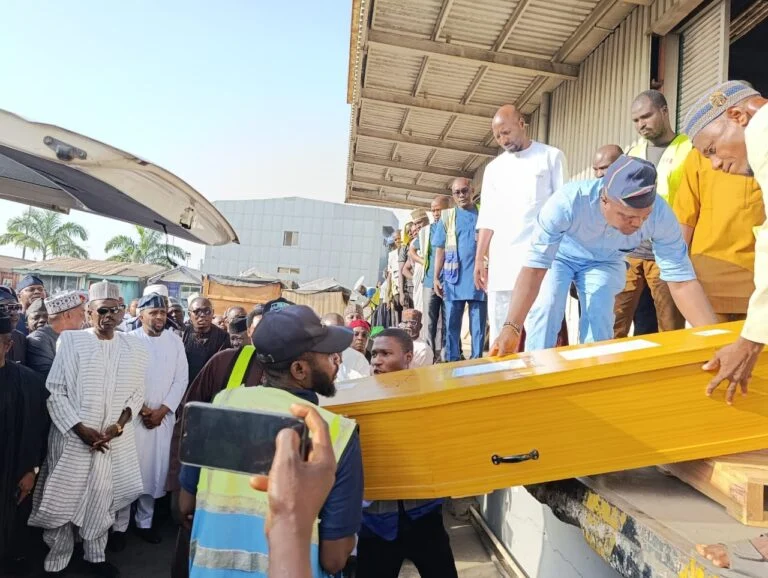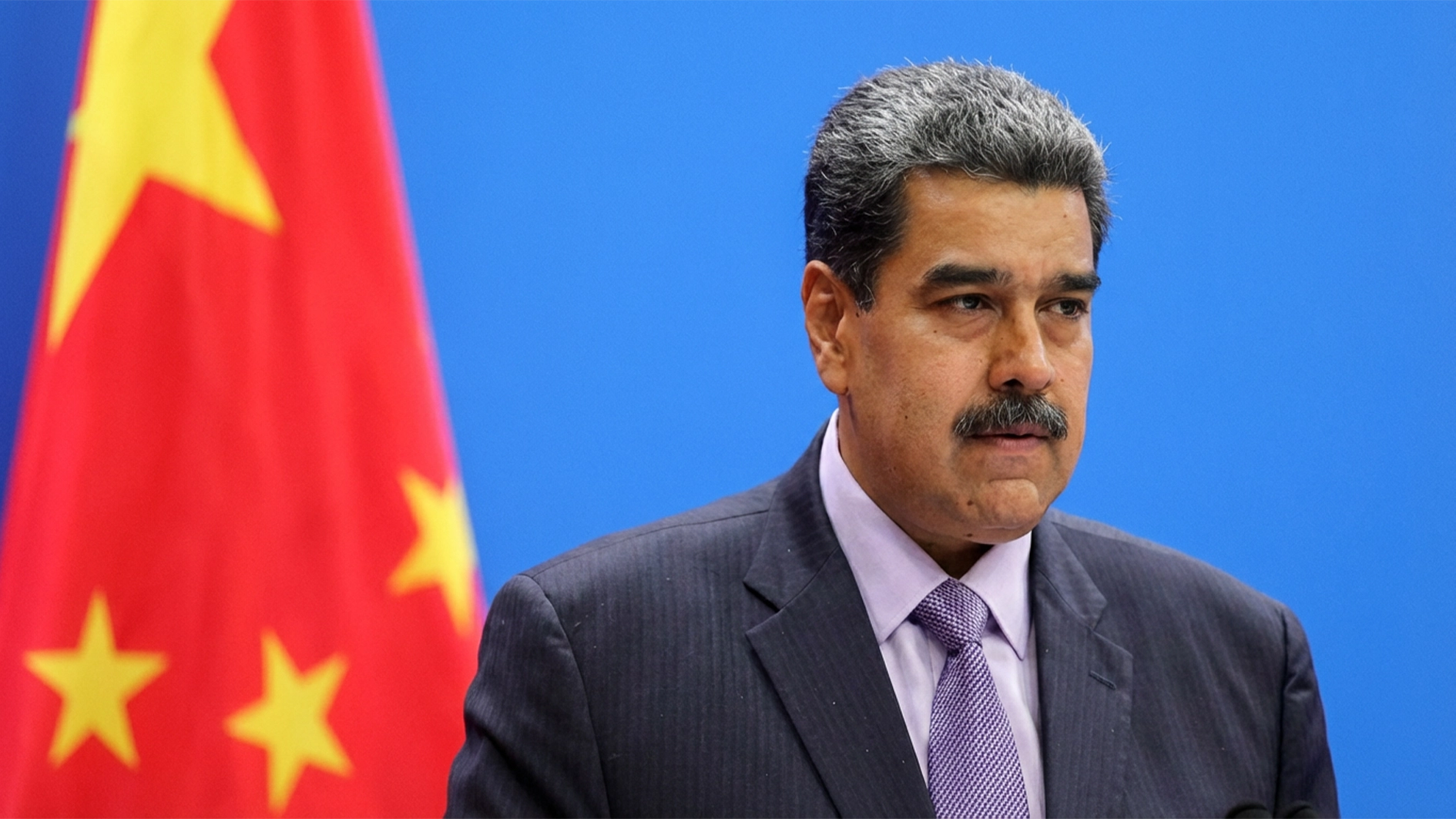Chairman of the Federal Civil Service Commission (FCSC), Prof. Tunji Olaopa, has blamed both the Federal Government and the Academic Staff Union of Universities (ASUU) for perennial industrial disputes that result in strikes in the nation’s universities, saying some agreements between the government and the union were prepared and signed in a haste.
Delivering the 17th Convocation Lecture of Bells University of Technology, Ota, Ogun State on Friday, Olaopa outlined how both the government and ASUU are culpable in the industrial crises in the nation’s universities.
According to Olaopa, who spoke on the topic, ‘The Nigerian Youth and the Challenges of Unemployment and Skills Mismatch in National Development,’ the government makes industrial tensions and strikes possible because of the manner it reaches agreements with ASUU.
He decried a situation where the government hastily signs agreements with ASUU, which it knows it cannot implement. Olaopa noted that “government should for no reason at all sign an agreement that it cannot implement, as difficult as it is, in view of the usually associated political expediencies.”
He also cautioned the government against attempting to please unions to minimise heating up the polity, which result in “taking decisions of far-reaching magnitude in a hurry, with full recognition that labour matters require diligence and technical correctness.”
Advising the government on future dealings with ASUU, he said it was better to reach a “reasonable agreement with short-term horizon that is susceptible to review, than to make long-term commitments that hang on the neck like an albatross.”
He, therefore, urged the government to “give life to veritable institutional mechanisms that would activate people with the right authority, skills and technical support who would negotiate for government since they are ipso facto empowered to take decisions at the negotiation table.”
Turning to ASUU, Olaopa deplored what he identified as an adversarial and a-developmental approach to industrial relations that negates national progress.
He stated that the Nigerian industrial relation system is characterised by fragmentation, weakened institutional mechanisms and authority of responsible institutions as the Ministry of Labour and Employment, Industrial Arbitration Panel (IAP) and the National Industrial Court (NIC); and unwarranted zero-sum conflicts leading to prolonged and unnecessary industrial disputes.
Noting that there has been progress made to ratify and domesticate many relevant ILO Conventions that have direct impact on labour administration, he said that full compliance with these conventions would go a long way in shaping the future of work in Nigeria.
To ensure harmonious industrial relations in the universities, he called for a “shared understanding among the tripartite, one rooted in commitment to Nigeria’s developmental progress, to drive a significant rethink and shift in conflict management practices around industrial disputes which currently yield themselves to self-serving radical and ostensibly politicised activism and workplace disruptions by trade unions; and one at that which has become a culture.”
For him, there exist institutional mechanisms to deal with unavoidable and seemingly irresolvable disputes especially arising from the reading and interpretation of what constitutes a dispute of rights and a dispute of interests among the tripartite, and thus if national progress is the ideological underpinning of actions, then conflict of interest should not always degenerate into a zero-sum game, as such interests are not mutually exclusive.
Olaopa stressed the significance of advocacy around the need to strengthen the National Labour Advisory Council (NLAC) for it to play a more proactive role in labour administration.
He said that an effective NLAC should transform into a tripartite body to handle periodic reviews as minimum wage, etc, rather than the current recurring resort to ad hoc committees.
He added: “It must also be pointed out that most Nigerian labour laws presently in operation, which were carried over from the colonial and military eras in Nigeria are obsolete and no longer in tune with international standards. Happily, many of the revised versions of these laws are already before the National Assembly as bills for passage.
“It is expected that government will leverage the commitment of social partners to conclude legislative actions on the bills. In the end, the point cannot be overstated, that the health and sustainability of any enterprise (including the Nigerian enterprise) is the responsibility of all stakeholders.
“Indeed, we need a national economy that is thriving for most of what the trade unions are agitating for on behalf of workers to be realisable. We all therefore must invest in the productivity and sustainable development of the Nigerian enterprise as the overarching mission in all our struggles and campaigns.”






